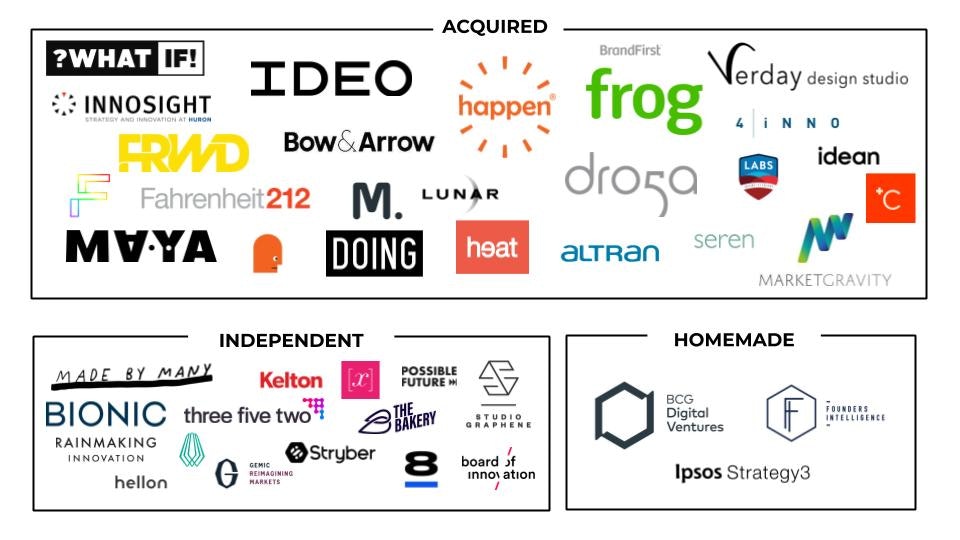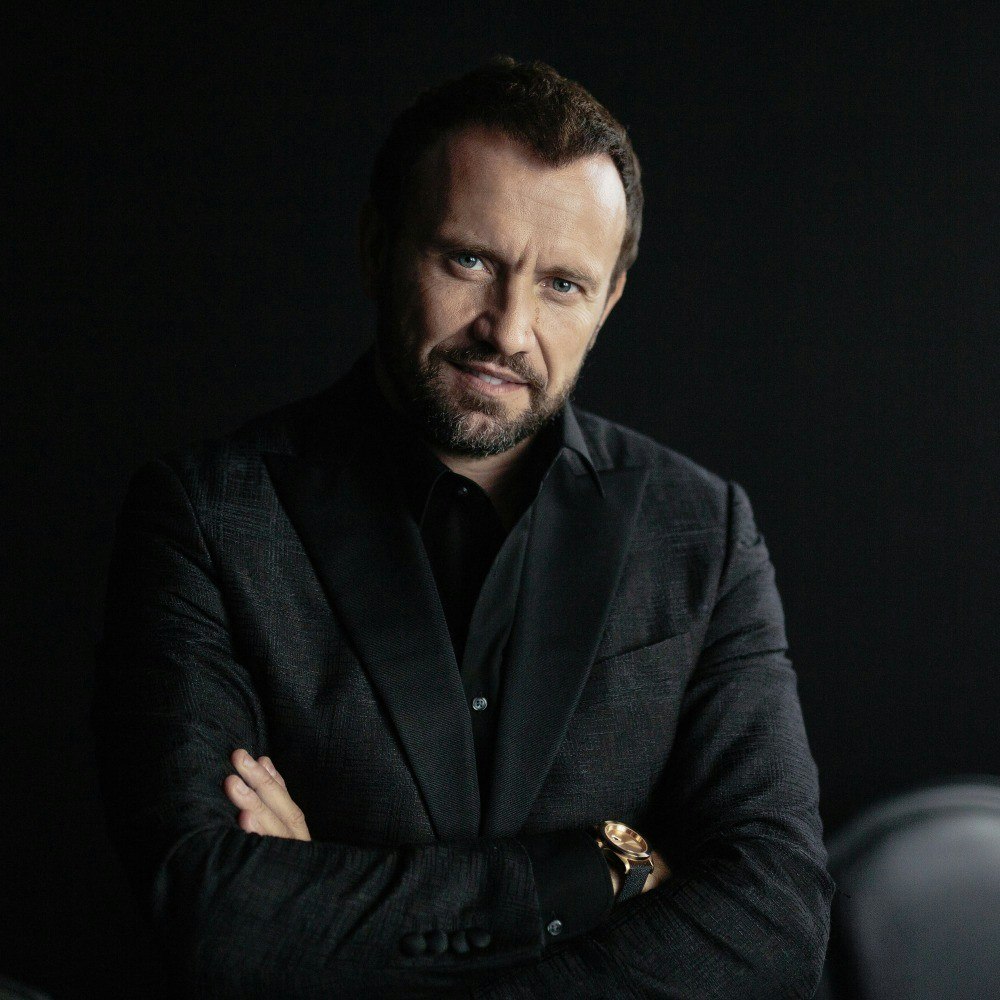Agriculture
Digital pig farming
Chemical companies BASF and Evonik invested in SmartAHC, a Chinese startup developing technology for digital pig farming. The company, which raised a $2.9m series A round in 2018, uses machine learning and sensors to, for example, detect disease earlier in pigs. (Now if only we could create a human equivalent of this…)
Energy
Gas-powered buses
Repsol, the Spanish energy company, increased to 19% its stake in BeGas, a company which makes engines powered 100% by liquified gas. These engines, which would cut the fossil fuel emissions of heavy road vehicles, are just starting to be installed in the first vehicles this year — a city bus and a refuse truck will be the first to try it out.
Measuring energy
Engie, the French utility company, invested an undisclosed amount in Energyworx, a US-Dutch startup that helps energy companies analyse customer consumption patterns more accurately.
Financial services
AMC software
SIX Group, the operator of Switzerland’s stock exchange, led the series A funding round for Vestr, a Swiss startup that develops software for issuers of actively managed certificates (AMCs). An AMC is an investment vehicle that has become popular in Switzerland over the last ten years as a cheaper and more flexible alternative to an investment fund. Local lender Zürcher Kantonalbank also took part in the deal.
Robo-trading
HV Holtzbrinck Ventures and Tengelmann Ventures (whose holdings include German DIY store chain Obi) took part in the €50m series D investment round for Scalable Capital, the German robo-trading platform. The round valued Scalable Capital at €400m.
Healthcare
Bacteria to battle cancer
Boehringer Ingelheim Venture Fund was one of the backers of the €23.3m series C funding round for T3 Pharmaceuticals, a Swiss startup developing a bacteria-based immunotherapy for cancer tumours. T3 Pharma genetically engineers bacteria to inject cancer cells with therapeutic proteins.
Coronavirus IPO
GlaxoSmithKline, the British drugmaker, took a 10% stake in CureVac just days before the German biotech company announced plans for an IPO in the US. CureVac has started testing a potential vaccine for Covid-19 last month, and results are expected by the end of the year. The company, which is pioneering the use of messenger RNA to develop vaccines, is also backed by Microsoft founder Bill Gates and SAP founder Dietmar Hopp.
Drug runners
Leaps by Bayer was one of the backers of the $28.5m series A funding round for Vesigen Therapeutics, a US startup developing a novel way to deliver new therapeutic proteins to cells.
IPO pipeline
Novo Holdings looks set for a payday as two of its portfolio companies, Freeline Therapeutics and Checkmate Pharmaceuticals, have both filed for IPOs.
Jewellery
Try-and-buy rings
De Beers, the London-based diamond mining group, invested in Gemist, the Los Angeles-based digital jewellery startup. Gemist allows users to customise their jewellery online and sends them replicas to try on at home before finalising the purchase. Gemist plays on the idea that Gen Z and millennial consumers expect to be able to customise everything, even their diamond rings.
Logistics
Dubai courier
French shipping company CMA CGM was one of the backers of the $15m+ funding round for Fetchr, the Dubai-based courier app which was facing collapse late last year.
The company was considered one of the rising stars of the Middle East startup scene and was valued at close to $300m in 2017, but has recently been forced to retreat from several markets and cut 1,200 jobs. Nokia’s investment arm had been one of the early backers.
Freshtech
Maersk Growth was one of the investors in the $12m series A follow-on round for Afresh Technologies, a Californian startup creating software to help grocers manage their orders and inventories of fresh food.
Marketing
Managing influencers
Unilever Ventures was one of the backers of the $24m series C funding round for CreatorIQ, a startup that makes software that helps big brands manage their influencer marketing campaigns. Unilever — along with Disney, Salesforce and Sephora — is already a customer.
Mobility
Hydrogen trains are coming to the UK
Alstom and Eversholt Rail are investing £1m to fast-track the arrival of hydrogen trains in the UK. Alstom has already had success with the Coradia iLint hydrogen trains in Germany.
B2B focus
Gett, the ride-hailing rival to Uber, backed by Volkswagen Group, raised $100m from new and existing investors to help build up a new business focused on corporate customers.
Who's hiring?
Digital innovation analyst, AXA, Weybridge, UK
Digital banking innovation manager, RBS, London, UK
Head of design (UX/UI), Digital Agency, London, UK
Senior product designer, innovation consultancy, Amsterdam, Netherlands
Head of innovation, Generali, Milan, Italy
Innovation manager, Alstom, Bologna, Italy
Innovation senior team leader, Danone, Opole, Poland
Good reads:
Show me the money
One of the reasons corporate innovation fails is that companies fail to incentivise their innovators properly. If there is no upside to making a crazy venture work, no one will sweat blood over it. In this blog post, Lucy Luo & Tendayi Viki look at some of the models that companies could use, including a salary-sacrifice-for-equity or 3M’s stretch goal bonuses.
Are you ready for the next big inflection point?
Long periods of build-up and moments of cataclysmic change are the way history progresses, writes Greg Satell in Digital Tonto. The invention of the electric lightbulb in 1882 and the creation of the World Wide Web in 1989 are moments that changed everything — only it took years for the effects to be fully realised. We’re at another set of inflection points today, with energy and synthetic biology — time to start thinking about how to prepare for this next big shift.


